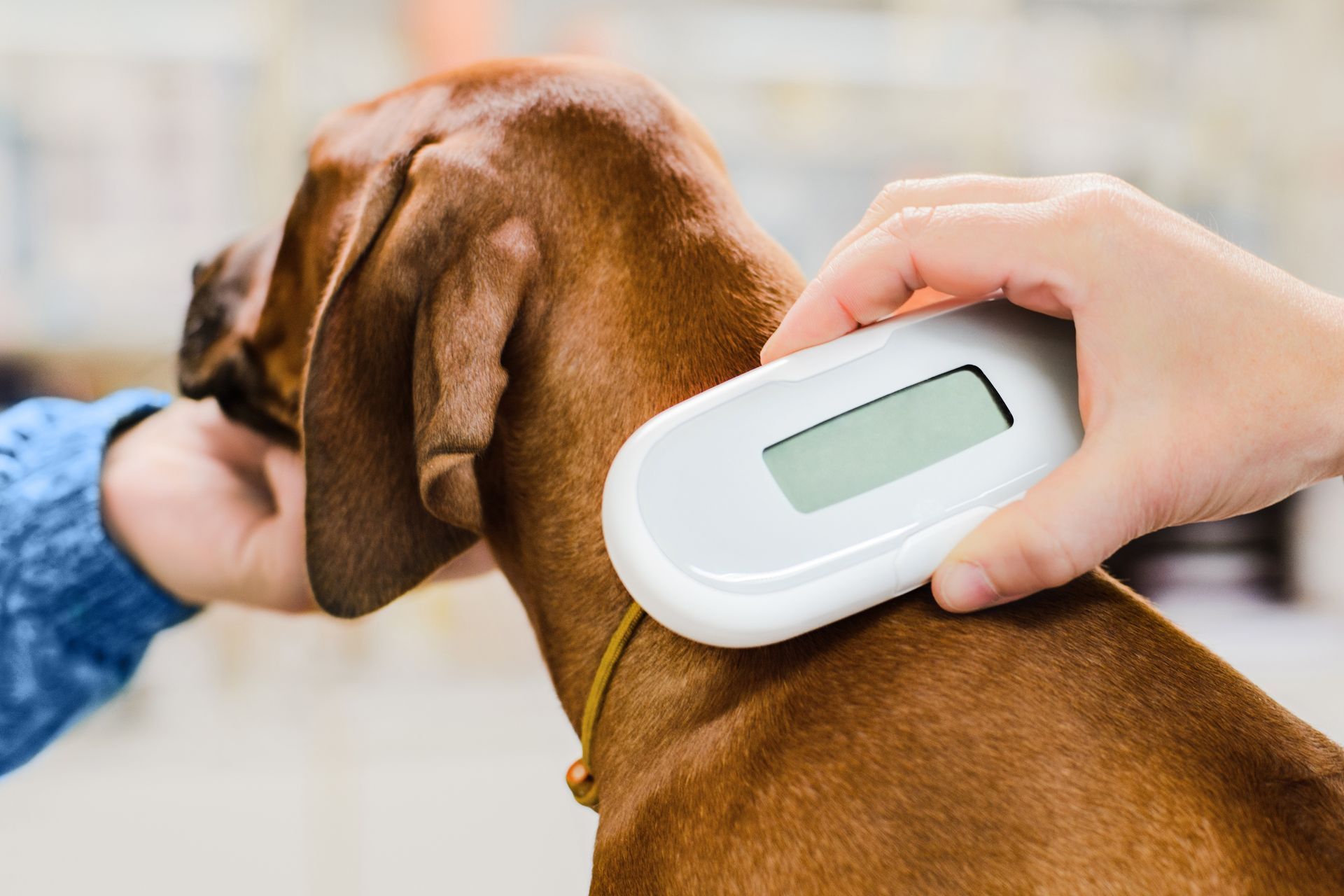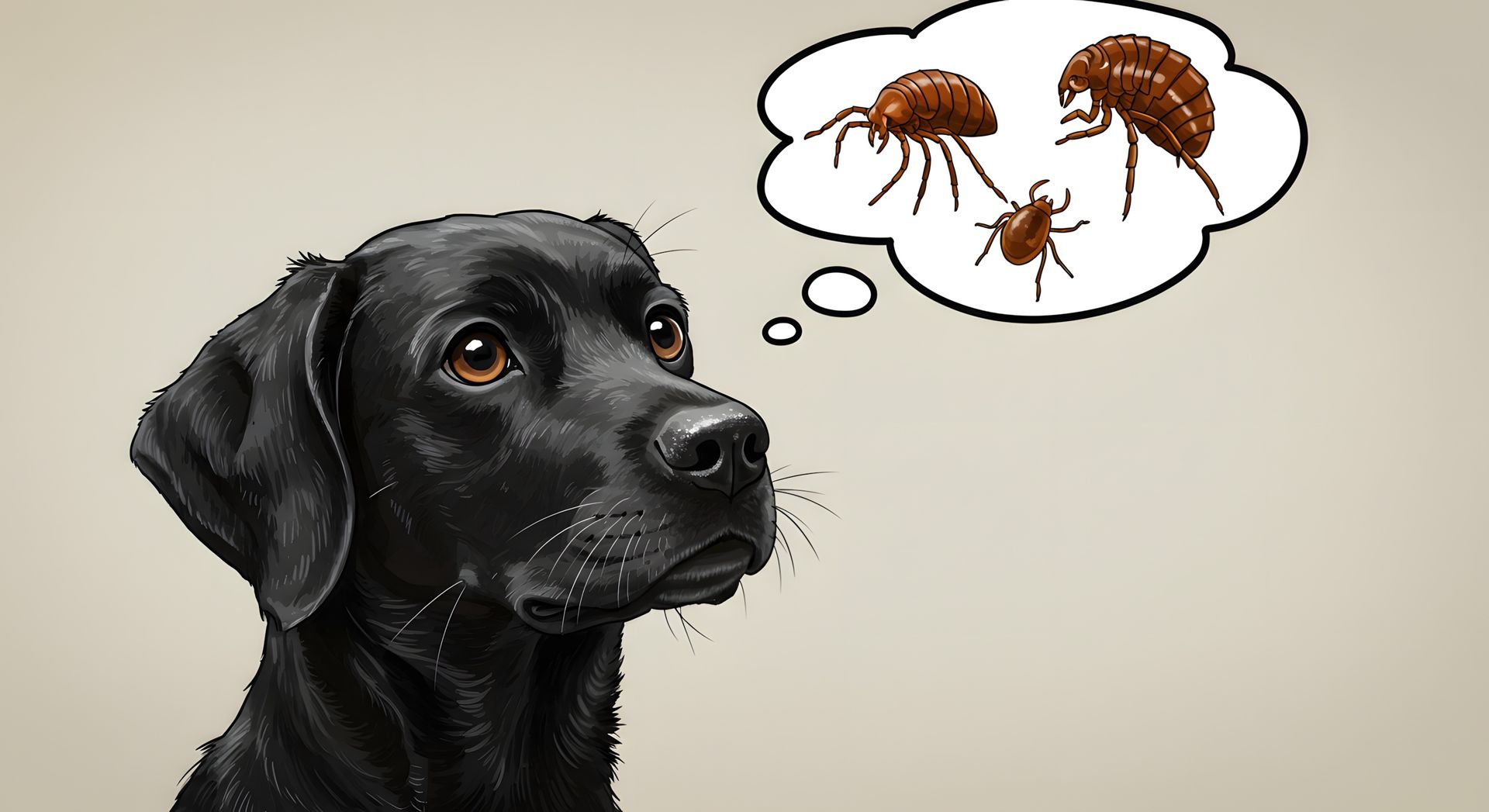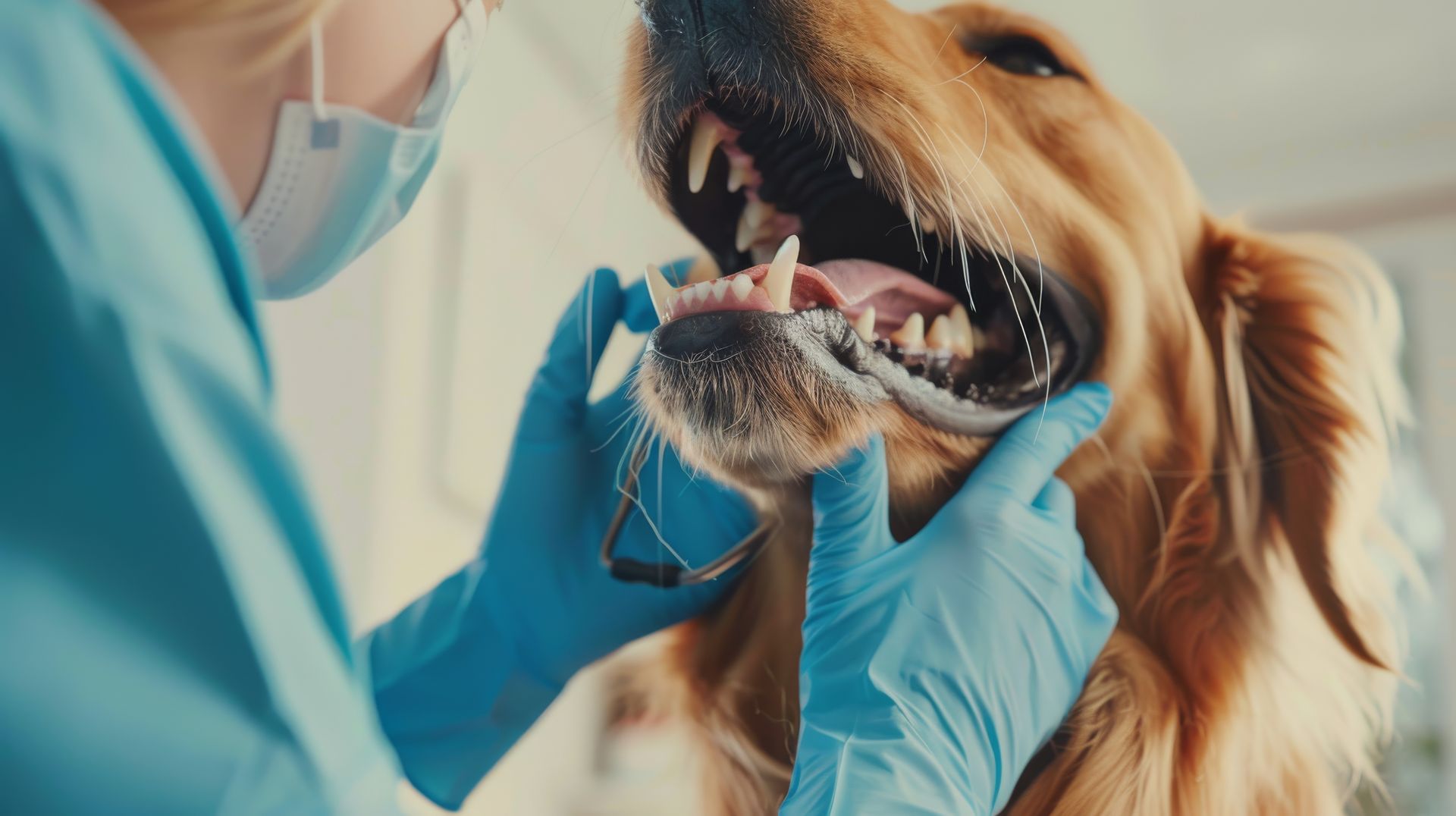Emergency Care: What to Do When Your Pet Needs Immediate Attention
No pet owner ever wants to face a pet emergency, but the reality is that accidents and health crises can happen when we least expect them. Whether it's a sudden illness, an injury, or an unexpected reaction to something they’ve eaten, knowing how to handle a pet emergency can make all the difference. At Castle Hills Animal Hospital, we’re here to guide you through the essentials of recognizing and responding to emergencies, and why having an emergency plan in place is vital.
Recognizing When Your Pet Needs Emergency Care
Pets can be pretty good at hiding pain or distress, making it difficult to know when they’re in urgent need of care. But there are a few key signs to watch for that could indicate your pet requires immediate attention:
- Excessive Bleeding: If your pet is bleeding profusely or from an unusual area, this is a serious sign that they need emergency care.
- Difficulty Breathing: Rapid, labored, or noisy breathing can point to respiratory distress, which requires immediate veterinary evaluation.
- Severe Vomiting or Diarrhea: If your pet is vomiting or has diarrhea excessively (especially with blood), it may indicate a life-threatening issue like poisoning or infection.
- Lethargy or Collapse: Sudden weakness, lethargy, or collapse could indicate a heart issue, poisoning, or other serious conditions.
- Trauma: Whether from a fall, a car accident, or an altercation with another animal, trauma should always be taken seriously. If your pet has visible injuries or seems to be in pain after a trauma, get them to the vet right away.
- Seizures: Seizures are often a sign of a neurological issue or poisoning and require urgent care.
If you notice any of these signs or if your pet’s behavior changes suddenly, don’t wait—seek emergency care immediately.
What to Do in a Pet Emergency
When faced with an emergency, every second counts. Here’s what you should do if your pet needs urgent attention:
1. Stay Calm and Assess the Situation
First, take a deep breath and stay calm. Pets can sense anxiety, so remaining calm will help keep your pet at ease. Quickly assess the situation to determine the severity of the issue. If possible, safely restrain your pet to prevent further injury.
2. Call Ahead
If you believe your pet needs emergency care, don’t wait to arrive at the clinic. Call Castle Hills Animal Hospital or your nearest emergency vet to let them know you’re coming. This gives them a chance to prepare for your arrival and expedite care.
3. Transport Your Pet Safely
If your pet is seriously injured, avoid moving them unless necessary. If you need to transport them, do so gently and safely. For pets with broken limbs, use a board or makeshift stretcher to stabilize them. Be sure to secure your pet in the vehicle to prevent further injury.
4. Follow Instructions
If you’re instructed to perform first aid, follow the advice carefully. Sometimes simple measures, like applying pressure to a wound or using a cold compress, can help stabilize your pet until they receive professional care.
5. Keep Emergency Contacts Handy
Having a list of emergency contacts, including your primary vet and a nearby animal emergency hospital, is essential. Add these numbers to your phone and keep them in a visible spot for easy access.
The Importance of Having an Emergency Plan
One of the best ways to prepare for a pet emergency is by having a solid plan in place. Emergencies can happen at any time—during office hours or late at night. An emergency plan ensures that you're ready to handle any situation and reduces the stress that can come with an urgent pet care scenario.
Here’s what should be included in your emergency plan:
- Emergency Vet Contact Information: Make sure you have the contact information for both your regular vet and an emergency veterinary clinic. Store these numbers in your phone and write them down in a visible place at home.
- Transportation Plan: Know how you’ll get your pet to the vet in case of an emergency. If you don’t have a car, consider arranging a ride with a friend, family member, or neighbor.
- First Aid Kit: Keep a well-stocked first aid kit for pets that includes things like gauze, antiseptic wipes, bandages, and tweezers for removing ticks. Your vet can guide you on other items to include.
- Pet Medical Records: In case of an emergency, it’s helpful to have your pet’s medical history on hand. This includes vaccination records, allergy information, and any ongoing conditions. Many vets offer digital records, which are easy to access on the go.
- Pet ID: Always make sure your pet has proper identification. A collar with ID tags and a microchip can help reunite you with your pet in case they get lost during a stressful event.
When to Contact Castle Hills Animal Hospital for Emergency Care
At Castle Hills Animal Hospital, we are equipped to handle pet emergencies with compassion and expertise. Our team is always ready to assist in urgent situations, whether it’s a sudden illness or an accident. If you’re in doubt about whether your pet requires emergency care, don’t hesitate to reach out to us. We’ll help you determine the next best steps.
Conclusion: Be Prepared for Anything
While pet emergencies are never planned, being prepared can make all the difference in keeping your furry friend safe and healthy. Recognizing the signs of an emergency, knowing how to react quickly, and having a solid emergency plan in place will help you handle any situation with confidence. Don’t wait for an emergency to strike—plan ahead and make sure you’re ready to give your pet the care they need when they need it most.
For any emergency care needs, trust the experienced team at Castle Hills Animal Hospital. We're here to help your pets feel better and get back to their happy, healthy selves as quickly as possible.
- Internal Linking: Check out our services page for more information about emergency care and other veterinary services we offer.
- External Linking: Learn more about pet first aid from The American Red Cross.











